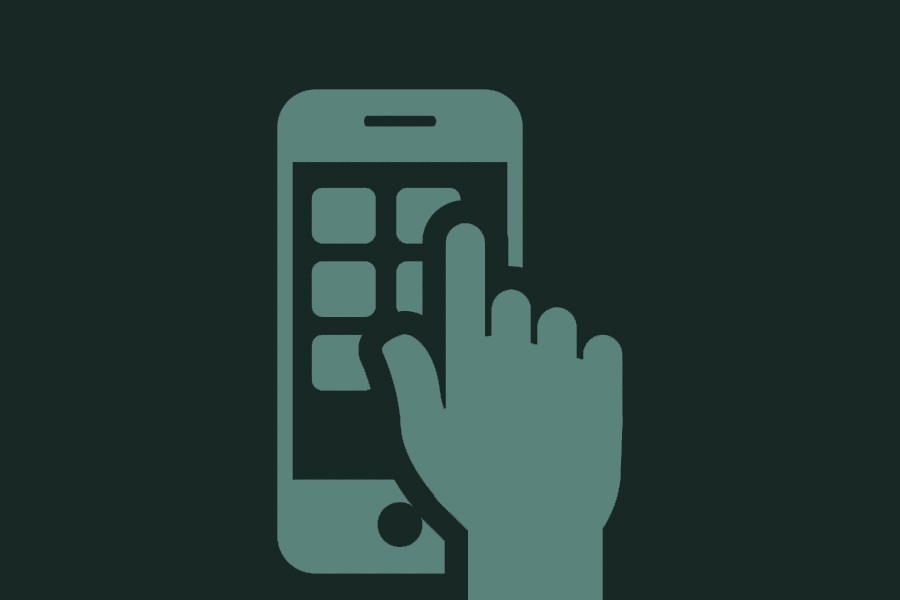
Published :
Updated :

Protecting the consumers' interests is not an easy task. The thing becomes more complex, especially when the authorities concerned do not understand the issues comprehensively or try to address the problem narrowly. This is reflected in the country's telecommunication regulator's decision on discontinuing mini data packs for mobile phone users.
In the last month, the Bangladesh Telecommunication Regulatory Commission (BTRC) instructed mobile phone operators to discontinue with three-day and 15-day data packages from October 15. At the same time, BTRC also ordered the operators to limit the total number of packages to 40. Currently, four operators offer up to 95 packages to subscribers, ranging from an hour to an indefinite period.
The order to keep the number of 40 packages may be logical to some extent. Mobile phone users will hopefully be no more baffled to choose their required data package from many offers.
The BTRC also argued that too many packages make things complicated for consumers. Moreover, an opinion survey conducted by the telecom regulator showed that 61 per cent of the users favoured 40 to 50 data packages as maximum packs.
Limiting the number of data packs will reduce the options for the consumers. Thus, the measure's effectiveness will depend on how the consumers respond. Having no alternative, though consumers have to choose among the available packages, they may pay extra costs if the operators charge more to adjust the cut in the number of data packs.
The more problematic is the decision to stop the three-day and 15-day packs on the plea that subscribers usually can't use the entire data within the timeframe, and they needed clarification regarding the unused data after the expiration of the time. The BTRC also argued that the three-day pack offers more data at lower costs to allure youths and students. All these arguments are flawed. Instead of discontinuing these mini packs, the BTRC may ask the operators to resize the packs or cut the price of the packs and ensure the utilisation of the remaining or unused data.
Interestingly, a survey conducted by the BTRC showed that around 69 per cent of the subscribers use a three-day pack, followed by 17 per cent who use a seven-day package. Nevertheless, the BTRC head criticised those who argued in favour of the three-day pack, saying that they did not understand the loopholes in the pack.
Mini packs, especially the three-day, are popular for obvious reasons. Many subscribers need this kind of data package to run the internet for a brief period. It is a budget pack for those who use the mobile internet while necessary. The Consumers Association of Bangladesh (CAB) argued that stopping the three-day pack is a move to limit access to the internet for ordinary and lower-income individuals. The CAB also said that discontinuing the three-day data packages will create a barrier to accessible and affordable internet access for all.
It also needs to be clarified how the regulator will ensure that the operator will not overcharge the subscribers in revised packages. Many consumers have complained that the operators do not properly follow the BTRC guideline of adding unused data to the next pack. In many cases, they couldn't detect whether the unused data was added to the latest package.
Restricting the consumers' freedom to choose data packs may distort the market and consumers may have to bear the burden. So, the latest move to discontinue with the three-day data pack needs reconsideration.
asjadulk@gmail.com


 For all latest news, follow The Financial Express Google News channel.
For all latest news, follow The Financial Express Google News channel.